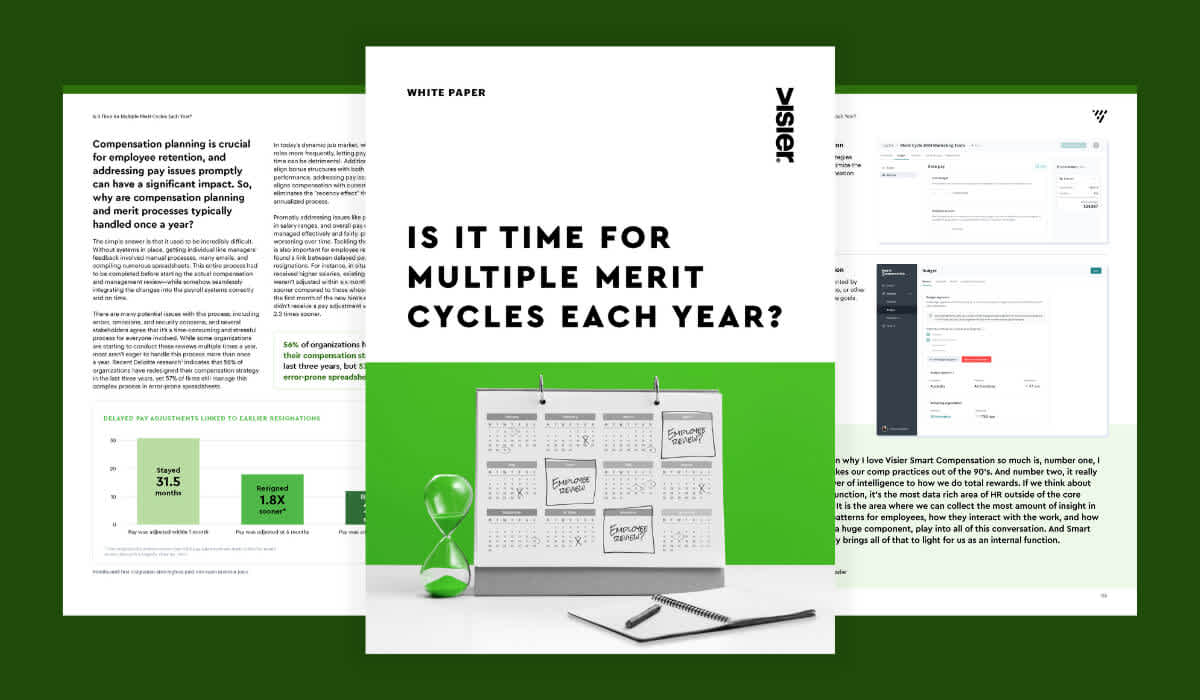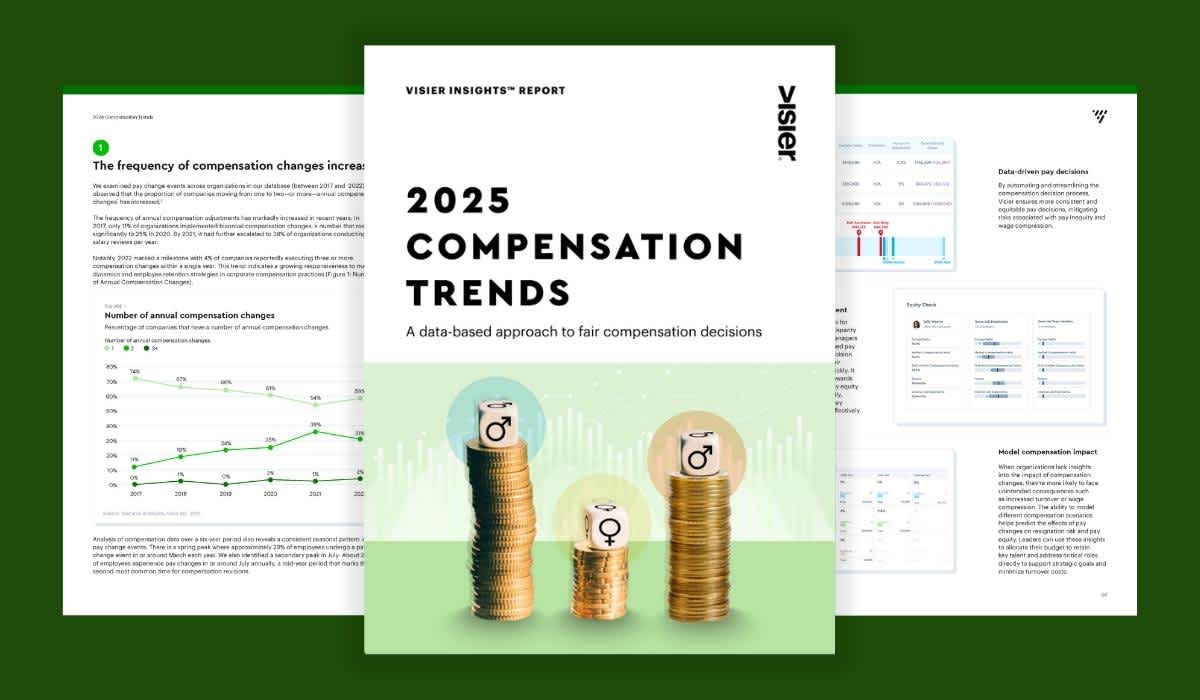What Is a Merit Increase?
A merit increase is a pay raise given to an employee based on their performance. It's often used to reward the top-performing employees.

What is a merit increase?
Merit increases are designed to recognize employees’ contributions by rewarding them with a financial increase in pay reflecting those contributions. As the name suggests, these increases are based on merit so it’s important for both managers and employees to understand the basis for the increase.
Knowing what factors contribute to those increases is crucial in predicting compensation in the future and ensuring pay equity. Some companies have set pay bands based on seniority or tenure, but these measures aren’t highly reflective of an employee’s actual contributions. Today, it is less common for pay to be based on tenure and more common for organizations to use market rates and individual achievements.
How does a merit increase work?
Merit increases are rewarded to employees based on their achievements and contributions to the organization. They are generally part of a review process that occurs annually. Employee performance is assessed based on previously established expectations and specific achievements over some period of time (generally a year). Performance ratings are assigned by an employee’s manager and, based on the rating achieved, a pay increase is recommended.
What are the pros and cons of merit increases?
Merit increases can be a powerful way to motivate employees to higher levels of performance and contributions. They can encourage continuous improvement and development in alignment with corporate goals and objectives. By rewarding top performers, employers can improve retention.
Merit increases do represent some challenges, though. Most notably, the potential for bias, including unconscious biases, which can impact pay decisions. It can be difficult to measure performance objectively in some circumstances, resulting in the potential for inconsistencies in pay decisions and their impact on employee compensation.
What are some alternatives to merit increases?
Some companies might wish to keep compensation relatively consistent for staff at the same seniority and tenure levels. The most obvious alternative to a merit increase in such an organization would be to promote a high performer to a higher seniority level. However, new positions are not always available in an organizational hierarchy, and excelling at one position does not always ensure competency for a higher-level position.
Another alternative to merit increases are bonuses for exceptional performance. Bonuses provide a benefit to employees and recognition of their efforts without incurring a long-term liability for the employer as a pay increase would.


